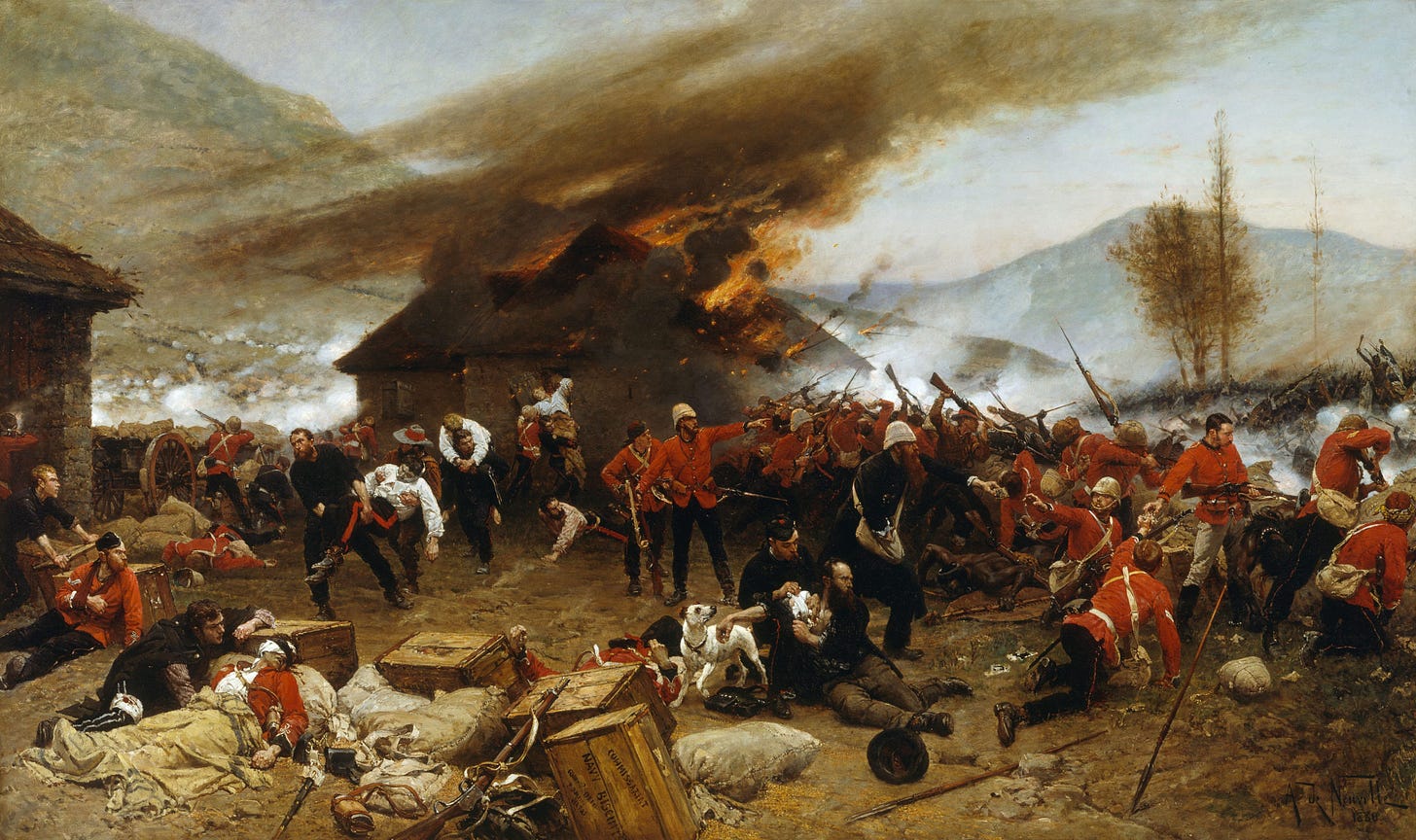On May 1st, 1933, Martin Heidegger, the obscure German philosopher from Meßkirch, became a member of the Nazi Party. With his misstep, Heidegger tainted his philosophical legacy. Today, Heidegger’s thinking doesn’t wield much influence on academic German philosophy.1 Not only the German but also the international community blamed him for never offering explicit apologies for his support to the Nazi regime, despite the fact that his membership legitimized Hitler’s movement in the eyes of many young people. In one of his many writings, Heidegger, at first sight, appears to have pleaded his innocence when he wrote, “Wer groß denkt, muß groß irren.”2 He who thinks greatly must err greatly.
What does this sentence mean? According to one commentator, Heidegger’s statement betrays his “overbearing hubris”.3 One interpretation might be that the great thinker has the right to err greatly. His greatness places him above others. That narrow mind that errs little must learn to overlook the great mistakes of his great master, “Indeed, Heidegger emphasizes that the philosopher who thinks greatly must necessarily also err greatly.”4



